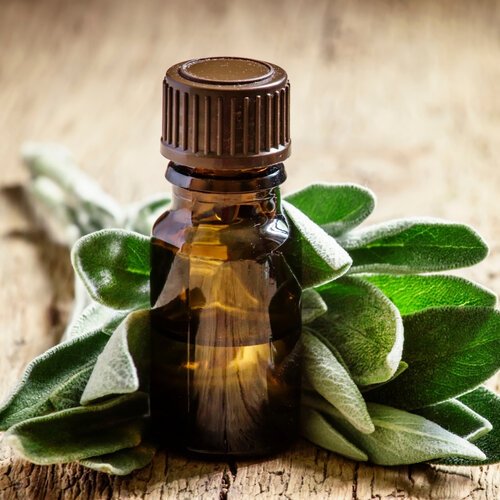
Essential oils are said to bring many benefits for pregnant women, with some research showing that using them can reduce the need for pain relief during labour and help manage anxiety.
Oils can be used in two different ways, by inhaling them or using them in a diffuser or absorbing them through your skin. There are many types and everyone will have a different response to a fragrance.
Science has found that using essential oils can affect your pulse rate, blood pressure, respiration and stress responses. Once the oils are inside your body they can trigger the release of encephalins (natural pain killers), endorphins (natural opioids) and serotonin (natural sedatives).
As well as being useful for some women in labour, a qualified acupuncturist may use essential oils on specific acu-points for pregnancy related conditions, from pelvic pain to anxiety, fear around childbirth / becoming a parent, to resolving previous birth trauma.
If you are using essential oils at home you could think about massaging with them, using them in baths or footbaths, in compresses or directly onto the skin. Your forehead, scalp, palms and soles of your feet may be effective places to try out the oils and massage will aid absorption.
Claire Dabreo is trained in using acupuncture and essential oils for pregnancy and birth. She gave us a bit more information about the different types and how and when they can be used.
Offers pain relief and is soothing and comforting. Reported as reducing stress and anxiety in studies. However if labour is NOT progressing avoid use until it gets going again. Also can be very useful post birth to help with sleep: inhale from a cotton ball for 10 breaths and then leave next to your pillow.
Can reduce pain and stress/anxiety levels and will revive flagging energy and spirits which is especially useful in a longer labour. Can be wonderful as a room spray when in labour, spritzed around the labouring woman, or diffused.
Decreases nausea and vomiting which some women experience in labour, especially around the transition. To be used sparingly, best inhaled on a cotton wool ball as required.
This is good for pain management and reducing stress anxiety. It can help a woman feel nourished and supported in labour, as well as promoting regular surges as soothes the nervous system. Diffuse, massage or inhale from a cotton ball.
Helps soothe painful surges, and also helps a slow labour get going – should not be used before 37 weeks. If fear is part of what is slowing down early labour this oil will soothe and reassure.
This is an option for a slow or dragging established labour or starting a late labour, but this should only be done under direction. High doses can actually slow a labour in the early stages. Massage it on the lower back around the sacral area to get a late labour started along with acupressure. It can also be used as an analgesic in a compress (hot or cold compresses). This shouldn’t be used at the same time as medications such as pethidine, epidural or the hormone drip used to encourage contractions.
Shown to decrease diastolic blood pressure and reduce stress / anxiety.
This can be used in a similar way to lavender to assist ability to cope with labour as it is emotionally calming. Helps with nervous tension, stress and insomnia. Also valuable for a massage blend post-labour to ease the aches, pains and bruising. Valuable for skin rashes, eczema, pruritus.
Slows and deepens breathing so it is useful to aid with hypnobirthing techniques. Perfect for a fast or panicky labour as it can help ground and centre. It is a deeply meditative oil so can really help create a sacred space for birthing e.g. in a diffuser.
Always make sure you are sourcing your oils from a good quality seller. A list of members of the Aromatherapy Trade Council can be found here https://www.a-t-c.org.uk/membership-list/
Claire offers training to women and birth partners in acupressure techniques for labour and birth. For more information go to https://www.thelondonacupuncturist.co.uk/
Enter your postcode to find your nearest Happy Parents Happy Baby antenatal classes